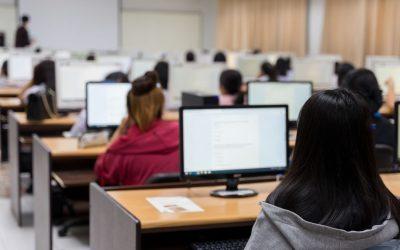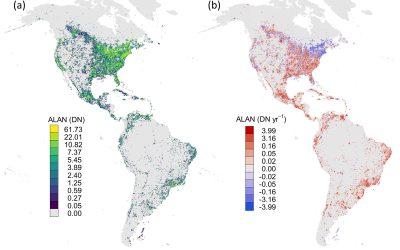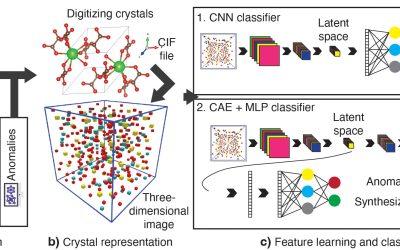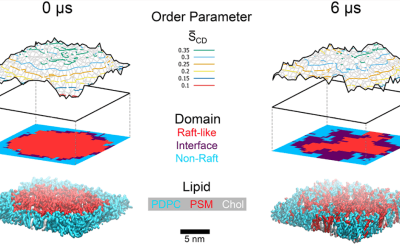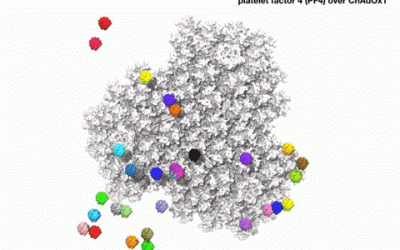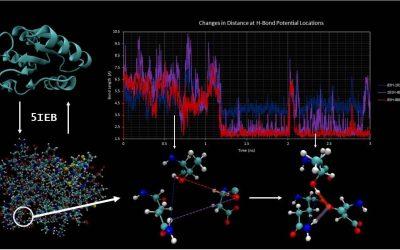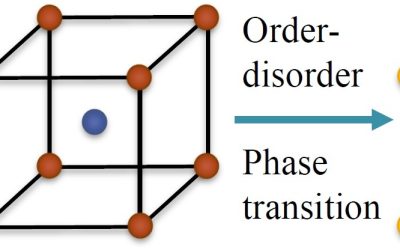Science Highlights
Research conducted and supported by PSC computational resources, educational programs, and staff expertise
Students use Bridges-2 to Simulate Physical Stress in Carbon Nanotubes
Resulting database will enable AI exploration of movement-sensitive electrical components
Bridges Simulations Improve Quantum Approach to Computing
Work establishes benchmark for beating classical computers, optimizes quantum performance
Study Shows Artificial-Light Impact on Migratory Birds
Analysis of 42 species in Western hemisphere suggests most effective steps for reducing city lights’ harm
AI Predicts Synthesizability of Crystals via Abstract Images
Images derived from crystal structures help neural network running on Bridges-2 to predict ability to create a given crystal in the real world
Anton 2 Sims Suggest How Fish Oil Health Benefits Start at Cell Membrane
Molecular simulations coupled with AI analysis reveal how omega-3 polyunsaturated fatty acids may regulate the size of membrane “rafts”
Electrical Charge of Vaccine Particles May Lead to Blood-Clot Side Effect
Bridges-2 simulations suggest complication may stem from oppositely charged clot-forming protein sticking to engineered adenovirus
College Students Learn Molecular Simulation on Bridges-2
Educational allocation gives students taste of computational field, tools for science careers
Bridges Anchors Simulation of Sound Waves to Manage Heat, Stress in Fluid Flow
Two-step computation holds promise in improving efficiency, reducing stress in power plants, electronics, off-shore structures.
AI-Driven Robotic Design of MRI Contrast Agents
MCS-designed machine learning algorithm promises record performing materials with unprecedented speed of discovery.
MuST Program Simplifies Predictions of Material Properties
Open-Source Tool for Engineering New Substances Developed by PSC Scientist and Colleagues

